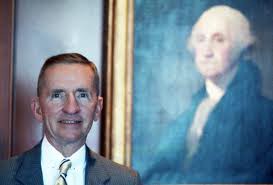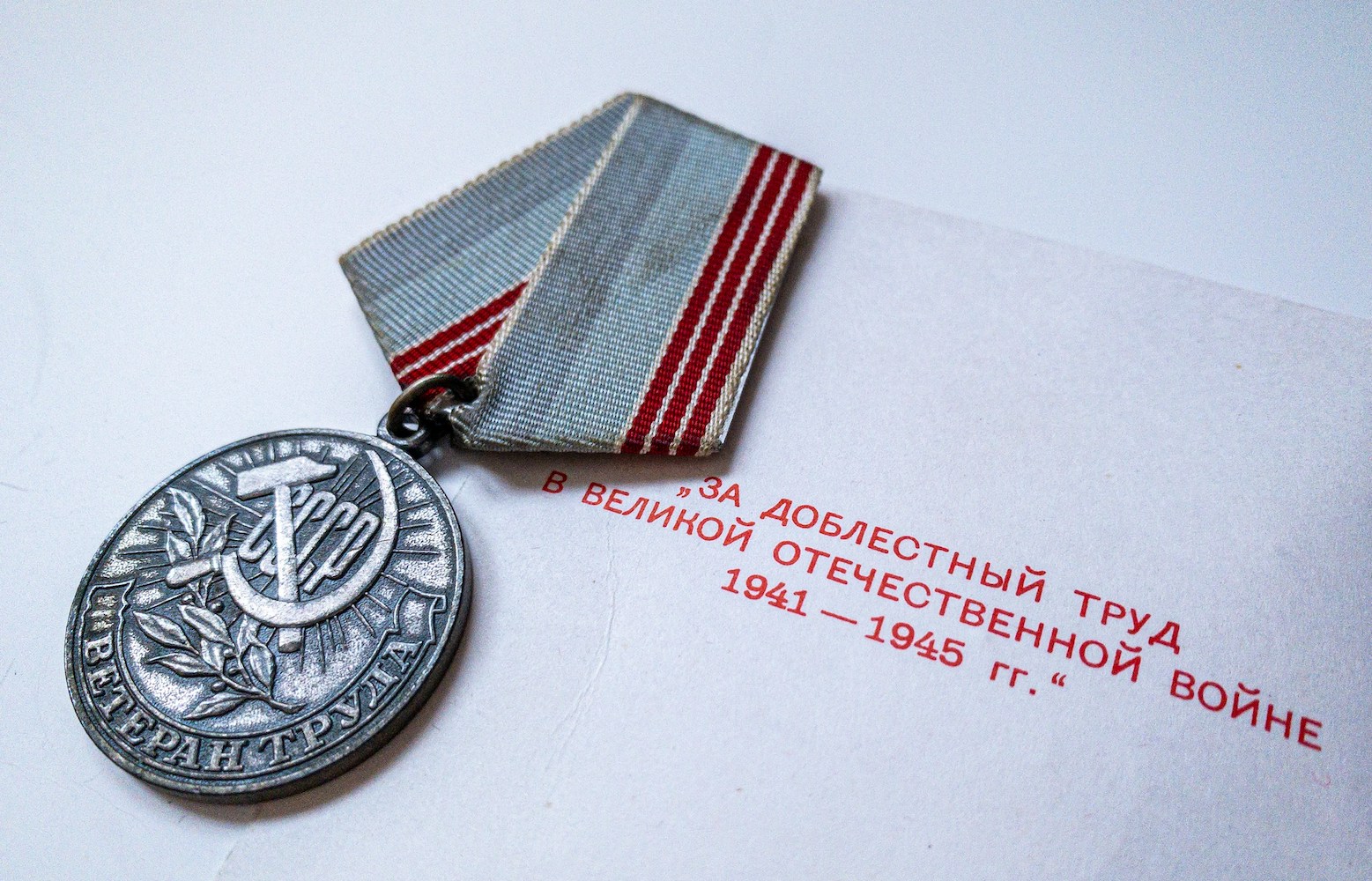essays
Alternate Versions of the History of the United States of America, in Which the Losing Candidates…
A

(Special to Electric Literature, for Presidents Day. With apologies to everyone. Thank you to Walter Mondale, and Jonathan Franzen.)
Michael Dukakis (1988): Swedish Land-Use Planning; author unknown
In the lead-up to the 1988 presidential election, a Time magazine profile reports that then-Massachusetts Governor Michael Dukakis couldn’t remember the last book he read, but also that “he once took on a family vacation a book entitled Swedish Land-Use Planning.” In the days leading up to the presidential election, this literary smear/factoid is used amply against the candidate’s literary credibility. Nonetheless, Dukakis beats President Mondale with 525 electoral votes. It is only midway through the White House Correspondents’ Association Dinner in 1989 that President Dukakis finally reveals it was not “Swedish Land-Use Planning” brought with him on family vacation to Hyannis Port in 1987, but rather an unauthorized novelization of the 1968 mondo film called Sweden: Heaven and Hell, a previously unknown work adapted in 1983 by New York literary scenester Cookie Mueller. As the original film is chockablock with teen nymphos, suicide, and saunas, Dukakis admits he was embarrassed to be seen with such a book, but can no longer hold back. President Dukakis is praised for his honesty in the press, and the more upbeat Mah Nà Mah Nà replaces Hail to the Chief at all public appearances beginning in 1990. The late, great Cookie Mueller is posthumously named Poet Laureate of the United States.
Ross Perot (1992): Leadership Secrets of Attila the Hun, by Wess Roberts
Just after his surprise, slamtastic defeat of both George H. W. Bush and William Jefferson Clinton in the November 1992 election, everyone in the world is happy because Ross Perot is the man. Global elation is short-lived, however, and the world slips into recession, then depression. This poverty is as long lasting and blameless as a puck of Razzle Blue Blitz-flavored Fruit by the Foot. Buoyed only by his favorite work of nonfiction, President Ross Perot spends an estimated $14 million dollars of his own money to create a pamphlet that is later dropped by decommissioned planes one Sunday morning in June, throughout hundreds of residential municipalities. Based on pseudoscientific anthropological research, the pamphlet is titled Supermarket Savings Secrets of Attila the Hun, and is intended by President Perot to make all those “in the fifty nifty all the more thrifty.” Sample passage:
Learn how to inspect your eggs before you buy! Carefully open the top of each egg carton and take a look inside. Sometimes, eggshells may be cracked, or even broken. Inspect each egg for defects by gently lifting it out of the carton. Open a carton of regular eggs alongside a container of more expensive, cage-free organic eggs and note the many differences. You can easily save a few dollars by switching the eggs from the regular and organic cartons, one by one.
Supermarket Savings Secrets of Attila the Hun is generally considered by many historians to be a major turning point of President Perot’s third year in office.
Bob Dole (1996): Unlimited Partners, by Bob Dole and Elizabeth Dole
“When asked what book he’d like to curl up with on a free evening,” teased The New York Times in 1997, Bob Dole provides a self-satisfied answer: “Unlimited Partners, the autobiography he wrote with his wife, Elizabeth.” During his single term in office, President Dole realizes his 384-page “dual autobiography” is actually a far more sinister document than the one he remembers writing with his wife. She tells him not to worry and to go back to bed. After a full restoration of the original Presidential Bedroom windows is completed in 1998, President Dole notices something strange about the moonlight poring through the old, warped glass that dates from the time of Millard Fillmore: it animates the letters and punctuation contained on the pages of Unlimited Partners and turns them into entirely new words and sentences devoted to apocryphally rumored topics such as “one last Christmas” and the new millennium. Believing the “corrected” version of Unlimited Partners may actually serve some oracular purpose toward a lasting world peace, President Dole calls in Head Librarian of Congress Jonothon Fransen to investigate; over the course of many candle-lit weeks, Fransen organizes and formats the new, handwritten manuscript. Then, in April of 1999, Fransen escapes the White House with the manuscript. He is pursued by many commando-esque men with automatic weapons, but creates a diversion by toppling over a housekeeping trolley loaded with fresh towels in the hallway outside the Lincoln bedroom. President Dole loses his bid for reelection, and Jonothon Fransen is never seen again. In 2001, the similarly named novelist Jonathan Franzen publishes his masterful and critically acclaimed novel The Corrections.
Al Gore (2000): The Red and the Black, by Stendhal
Despite his professed love for Stendhal’s two-volume opus about a young man’s attempt to rise above his meager, lower class background, President Gore bans bildungsromans at the national level after his first month in office. One month later, with the help of both the United Nations Security Council and body-mod rockers Incubus, (whose single “Drive” has just reach the top ten of the Billboard Hot 100), bildungsromans and bildungsroman-related-activity (BDA) are banned altogether. In the subsequent months President Gore becomes reclusive, habitually draws all curtains, favors candelabras, and begins to transform the Oval Office into a perfect replica of the castle set from the 1998 version of The Man in the Iron Mask. Meanwhile, the paperwork piles up. An attempt to hoist President Gore out of his rut by bringing in the real-life actors Leonardo DiCaprio, Jeremy Irons, John Malkovich, Gabriel Byrne, and Gérard Depardieu backfires when they are asked to reenact some scenes from the film. Controversially, Gabriel Byrne is later named Secretary of Housing and Urban Development, despite the fact he is from Ireland.
Ralph Nader (also 2000): The History of the Standard Oil Company, by Ida M. Tarbell
Some say Ralph Nader won the 2000 presidential election outright and was actually inaugurated as such during a private party at the Findlay Ohio Cracker Barrel on January 22, 2001. Crab dip was served in boiled carapaces and the room was lined with an unending chicken finger buffet, like honey-fried fringe. Out of deference to a friend of mine who attended the historic Madison Square Garden Nader rally in 2000 and stood in the front row with a big sign, cheering on Eddie Vedder’s sincerity, I investigated this claim, and driving through Omaha, I noticed a car in front of me had one of those “Don’t Blame Me, I Voted For Nader” bumper stickers, then a few more cars. I followed a maroon Volvo filled with Daschund puppies to a dimly lit mountain pass. A trap door opened in the rock and I drove through. Once inside, I covered my car with birch branches , changed into a pair of stolen maintenance worker coveralls and found the Nader supporters huddled around an old ENIAC-era computer that was operated by the members of Pearl Jam. The story ends there because the next thing I know it’s 2008 and I’m waking up at home and the end credits of Into the Wild are playing. Eddie Vedder is singing “Guaranteed.” The Starz man tells me that There Will Be Blood is coming up next.
John Kerry (2004): Trinity, by Leon Uris
Under Secret Service guard, President Kerry stuns the nation when instead of preparing for an important trade summit, he locks himself inside his Sheraton Inn bathroom in order to devour many long novels by Uris: A God in Ruins, Redemption, The Haj, Mila 18, QB VII, O’Hara’s Choice, Battle Cry, Armageddon, and Mitla Pass. “All I have to say for myself is that the dog ate my homework,” President Kerry says the following week in a brief apology speech aired during prime time. “Except instead of the dog it was Leon Uris, and instead of my homework it was my brain, and instead of ate I mean Leon Uris downright rocks my world.”
John McCain (2008): For Whom the Bell Tolls, by Ernest Hemingway
For sale: old book, read twice.
Mitt Romney (2012): Battlefield Earth, by L. Ron Hubbard
Over bagels with the Chinese President Hu Jintao, President Romney drops a butter knife loaded with whitefish salad mid-sentence and politely asks to be addressed as “Psychlo-in-Chief.” Later that day, President Romney begins a 12-year public works project to build a massive geodesic dome over the ruins of Denver, which has just been bulldozed by the Army Corps of Engineers. The remaining Denver freecyclers who stay behind are coerced into manual labor, and following month President Romney uses taxpayer money to buy himself elaborate hair extensions and a build-out for his forehead. He begins appearing at state dinners with iPhone earbuds draped over his nose. Canadian actor Barry Pepper, star of the film version of Battlefield Earth, is brought on as Secretary of Transportation, leading fourth term Secretary of Housing and Urban Development Gabriel Byrne to quit the cabinet in disgusted protest. When asked for comment, Byrne tells reporters “enough is enough.”
–Hugh Merwin is finishing his first novel. He used to open clams and oysters for a living.









